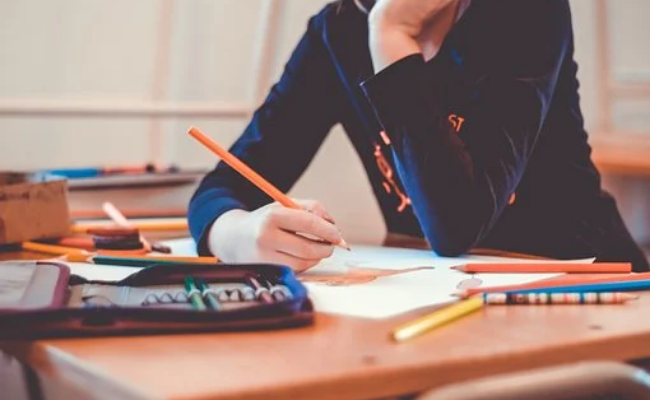
The novel Coronavirus has been negatively affecting almost every sector in the US and the world economy. But, it has shown a reverse trend in B-schools by increasing the number of apps in MBA courses offered by the top 25 business schools in the US.
Some colleges have shown an approx. 20% increase in apps, while some have shown a whopping increase of 50% in their total apps in this year’s admission cycle.
The admission cycle for 2020 would have wrapped up by March-April, but Covid-19 hit the world in March which forced these colleges to extend their apps final round. While some colleges extended the deadline for their final round, some colleges even added new rounds of admission or relaxed the testing requirements for students.
This resulted in an average increase in apps by 22.6%. Colleges have also considered the option of increasing class sizes to accommodate these apps.
There are twelve B-Schools in total that have shown an increase in apps in double digits like Rice University Jones Graduate School of Business, UNC Kenan-Flagler Business School, and Northwestern University Kellogg School of Management etc. Out of these, the highest recorded spike in apps was shown by USC’s Marshall School of Business – 66.4%
According to Poets & Quants’ last year statistics, there was a steady decline in the number of apps in most colleges except two last year – on an average at least 3378 apps were down. This year the decline has had a total reversal for all colleges except four.
The elite M7 group (top private B-schools of Harvard, Booth, Stanford, Columbia, Wharton, Kellogg, & MIT Sloan) recorded a speedy increase in apps with Northwestern Kellogg outpacing the other six by showing a 54% massive increase.
The Big Reversals
USC Marshall recorded a jump from 1899 applications to 3159, after two additional months were added to its final admission rounds.
Rice University decided to extend its deadline for round three admissions, and as a result, the B-school saw a 63% increase in the total number of applications – 1021 which stood at 625 in the 2018-2019 academic cycle.
In 20 years, this year’s MBA class is the biggest that Rice Jones has ever seen. Likewise, Virginia Darden Business School also extended its third round by 99 days and registered a crazy 364% increase in MBA apps for that round leading to an overall spike of 37.7%.
One of the biggest reversals were noted in the Carnegie Mellon University’s Tepper School of Business which recorded an approx.60% increase than last year. But the MBA class size is still smaller than last year as the school has granted deferments and most deferral students are not domestic but international.
Downward Trend in Four B-Schools
Ross School of Business, Washington Foster, Indiana Kelly, and Stanford GSB were the four B-school in the US, which showed a fall in the number of apps. Out of these, the biggest drop was recorded in Ross School of Business, which saw a 14 percent decline in its total apps.
Managing Director from Ross School of Business stated that one of the factors which led to the decline was that international students were preferring schools that were offering STEM-designated MBA courses. A 126% increase was recorded in Ross B-School when it announced its STEM course after round 2.
Conclusion
The year-over-year may have shown an increase for most B-schools in the 2019-2020 MBA apps cycle, but the four-year trend still notes declines at many B-Schools from 2016 onwards. For example, UNC (Kenan-Flagler) records an increase of about 43.8% in apps this year but a decline of 11.5% in MBA apps from 2016-17.
The same is the case with Fuqua School of Business, Yale SOM, and Cornell University Johnson Graduate School of Management.
Stay connected with fellow students on PaGaLGuY for CAT Exam 2020 Discussion
